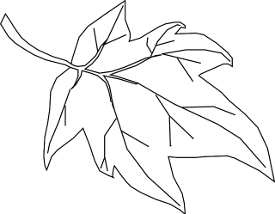
In 1961, irate at receiving a bill for an £85 surtax from the Inland Revenue, A.P. Herbert sent them a check in verse:
Dear Bankers, PAY the undermentioned hounds
The shameful sum of FIVE-AND-EIGHTY POUNDS
By “hounds,” of course, by custom, one refers
To SPECIAL INCOME TAX COMMISSIONERS:
And these progenitors of woe and worry
You’ll find at LYNWOOD ROAD, THAMES DITTON, SURREY.
This is the second lot of tax, you know,
On money that I earned two years ago.
(The shark, they say, by no means nature’s knight,
Will rest contented with a single bite:
The barracuda, who’s a fish more fell,
Comes back and takes the other leg as well.)
Two years ago. But things have changed since then.
I’ve reached the age of threescore years and ten.
My earnings dwindle; and the kindly State
Gives me a tiny pension — with my mate.
You’d think the State would generously roar
“At least he shan’t pay surtax any more.”
Instead by this un-Christian attack
They get two-thirds of my poor pension back.
Oh, very well. No doubt it’s for the best;
At all events, pray do as I request;
And let the good old customs be enforced —
Don’t cash this check, unless it is endorsed.
To his astonishment he received this reply:
Dear Sir,
It is with pleasure that I thank
You for your letter and the order to your bank
To pay the sum of five and eighty pounds
To those here whom you designate as hounds.
Their appetite is satisfied. In fact,
You paid too much and I am forced to act,
Not to repay you, as perchance you dream,
Though such a course is easy, it would seem.
Your liability for later years
Is giving your accountants many tears;
And ’til such time as they and we can come
To amicable settlement on the sum
That represents your tax bill to the State
I’ll leave the overpayment to its fate.
I do not think this step will make you frown:
The sum involved is only half-a-crown.
Yours faithfully,
A.L. Grove
He wrote back:
I thank you, Sir, but am afraid
Of such a rival in my trade:
One never should encourage those —
In the future I shall pay in prose.



